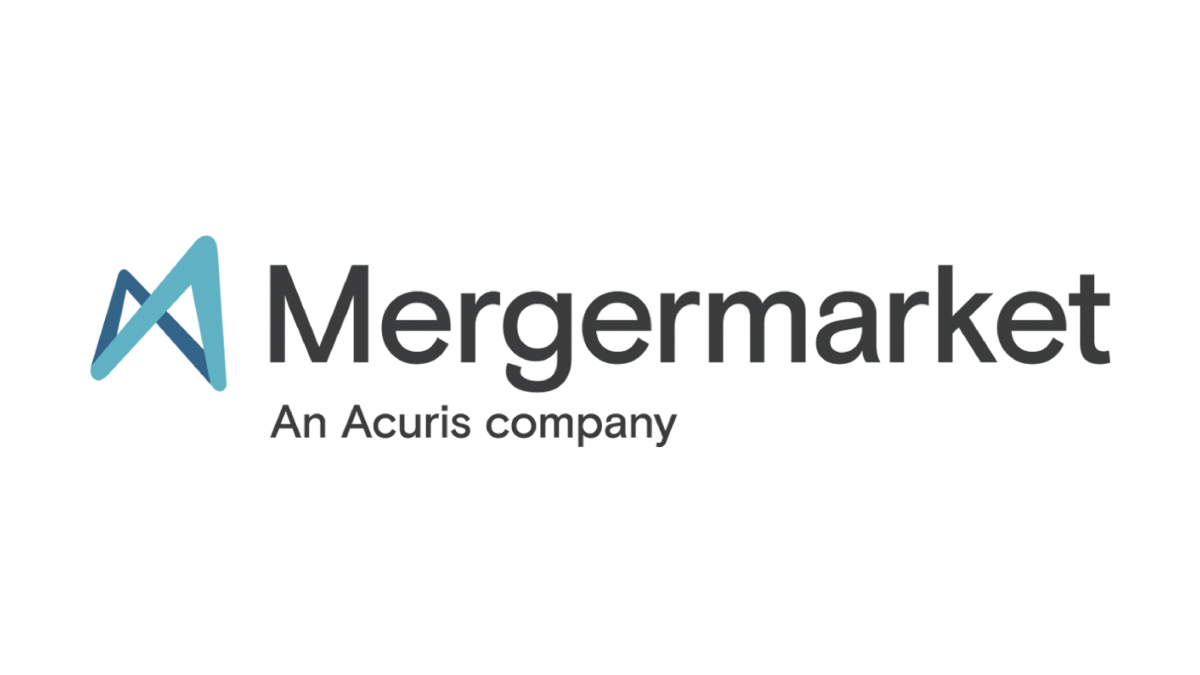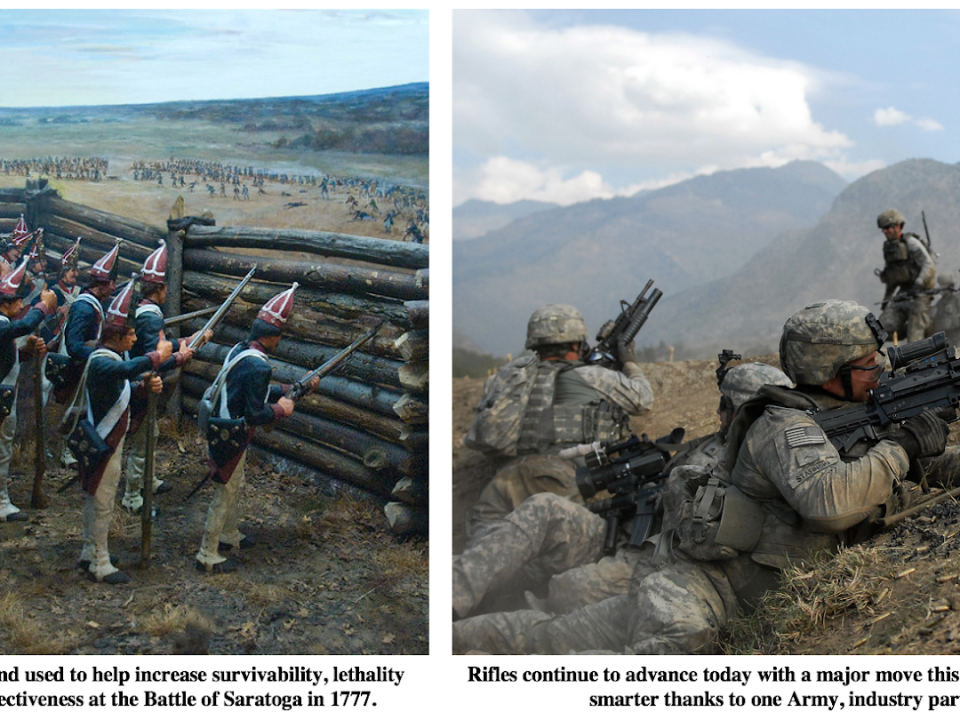
Q&A with Ben Feldman, T-Worx Chief Engineer
April 17, 2019
Five Ways the T-Worx Intelligent Rail® Platform Can Increase Battlefield Lethality, Survivability
May 6, 2019By Deborah Balshem
T-Worx, a smart weapons technology company, recently embarked on a USD 5m Series C capital raise alongside Evergreen Capital Partners, said Executive Chairman Devin Schain.
T-Worx’s burn rate is roughly USD 300,000 a month, so within the next 12 to 18 months, the Sterling, Virginia-based company expects to explore a sale, merger or strategic partnership, or possibly a Series D funding round, according to Schain. In the event of a sale, likely buyers would be large prime defense contractors such as Lockheed Martin [NYSE:LMT], Raytheon [NYSE:RTN], BAE Systems [LSE:BA], Northrop Grumman [NYSE:NOC] and General Dynamics [NYSE:GD], he added.
The Series C process began one month ago and is targeting high-net-worth individuals, family offices and possibly some smaller strategics in the lethality or optics markets, Schain said.
T-Worx’s Intelligent Rail software and hardware platform fits within weapons to provide centralized power and data analytics that enhance control, decrease user fatigue, and increase agility and performance. The platform powers, connects and communicates data from rifles and accessories to command centers on and off the battlefield, providing feedback on ground troop movement and enabling high-resolution, live-streaming video.
T-Worx has generated USD 600,000 in revenue over the past six months, Schain said. In November, the company was named the sub-prime technology partner on a three-year, USD 350m contract with the US Army, from which it expects to generate roughly USD 20m to USD 50m in revenue, the executive said. T-Worx is working alongside five prime players that are using its technology on that contract, with commercial work expected to start next year.
Demand for T-Worx’s technology is increasing as the connected battlefield market heats up, according to Schain. The Army has identified the need for modernized small arms and has asked the industry to develop updated weapons under the Next Generation Squad Weapons (NGSW) program.
Series C proceeds will be used to support T-Worx’s commitments to the Army and primes from the NGSW program, as well as for IP, and general and administrative expenses, Schain noted. T-Worx has 26 patents granted on a global basis and has applied for another 5 to 10 patents.
Additionally, Schain said T-Worx will be announcing another large contract in the next couple of months, and that several Israeli firms have expressed interest in distributing its technology overseas.
T-Worx has 11 employees, of which seven are engineers. The company was founded in 2010. In late 2017, Schain’s investment firm, WIT Capital, injected USD 3m into the business. Schain, 53, said he is also a personal investor and controls T-Worx from a governance standpoint. Other investors include President Don Mclaughlin and Chief Engineer Ben Feldman, the company’s co-founders, as well as several high-net-worth individuals. Retired Army 4-star General John F. Campbell, a former vice chief of staff for the Army, is a board member.
Since Schain’s involvement, T-Worx has raised more than USD 7m in outside capital. In the eight years prior, it developed its Intelligent Rail system with USD 5m from the US Army’s Small Business Innovation Research (SBIR) program and USD 8m in equity funding.
According to Schain, T-Worx has no direct competitors.
The company uses law firm DLA Piper and accounting firm Synder Cohn.
Deborah Balshem has held various positions within the publishing industry for 23 years, specializing in business reporting and editing for the past 19 years. Deb is a contributor to Forbes and freelancer for Mergermarket, a global newswire that focuses on mergers & acquisitions.





